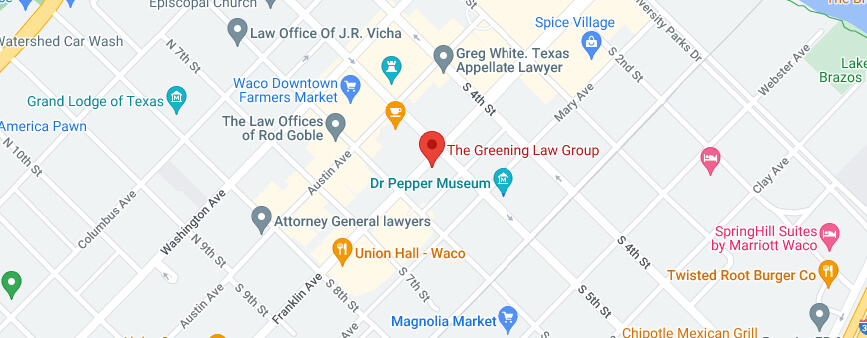Introduction
Miranda rights are a cornerstone of the criminal justice system, designed to protect the rights of individuals in police custody. However, their application and significance can be complex. In this blog post, we provide a comprehensive explanation of Miranda rights, exploring when they apply and why they are crucial in safeguarding the rights of those accused of crimes.
What Are Miranda Rights?
Named after the landmark Supreme Court case Miranda v. Arizona (1966), Miranda rights are a set of warnings that law enforcement officers must provide to individuals in custody before conducting interrogations. These rights aim to inform the detained individuals of their constitutional rights, protecting them from self-incrimination during questioning.
The Core Components:
Miranda rights include:
- The Right to Remain Silent: The detained person has the right to remain silent and cannot be compelled to incriminate themselves.
- The Right to an Attorney: The right to have an attorney present during questioning. If the individual cannot afford one, an attorney will be appointed.
- The Warning that Anything Said Can Be Used Against You in Court: Any statements made during questioning can be used as evidence in a court of law.
When Do Miranda Rights Apply?
Miranda rights apply when two key elements are present:
- Custody: The individual must be in custody, meaning they are deprived of their freedom or action.
- Interrogation: The individual must be subjected to interrogation or its functional equivalent. This includes express questioning or actions likely to elicit an incriminating response.
Together, these elements create “custodial interrogation,” which refers to questioning initiated by law enforcement officers after a person has been taken into custody or otherwise deprived of his freedom of action in any significant way. Miranda v. Arizona, 384 U.S. 436, 444 (1966).
Importance in Criminal Defense:
- Protecting the Right to Remain Silent: Miranda rights empower individuals to exercise their right to remain silent, preventing self-incrimination.
- Ensuring Legal Counsel: The right to an attorney is fundamental for a fair legal process. Miranda ensures that individuals are aware of this right during questioning.
- Preserving Admissibility of Statements: Statements made without a proper Miranda warning may be inadmissible in court, strengthening the defense’s position.
When Do the Police Have to Read Miranda Rights?
The police have to tell you your Miranda rights when they arrest you and ask you questions. But if you’re not arrested or not being asked questions that could make you look guilty, they might not have to.
I Was Not Read My Miranda Rights. Will My Case Be Dismissed?
Not being read your Miranda rights doesn’t automatically mean your case will be dismissed. The failure to read Miranda rights might impact the admissibility of certain statements you made while in custody, but it doesn’t necessarily lead to an automatic dismissal. Courts will consider various factors, and it’s crucial to consult with a lawyer to understand how this might affect your specific case.
Can the Police Ask Questions Before Reading Miranda Rights?
Yes, police can ask you questions before reading Miranda rights. Miranda rights come into play when you are in custody and subject to interrogation. If you are not in custody or not being interrogated, the police may ask questions without reading Miranda rights. However, anything you say voluntarily before being read your rights can still be used against you in court. It’s important to be aware of your rights and, if unsure, consult with a lawyer before answering any questions from law enforcement.
How Do I Exercise My Miranda Rights?
Exercising your Miranda rights is a crucial step in protecting yourself during police interactions. Here are the key steps to invoke your Miranda rights:
- Remain Calm: Stay composed and calm during the encounter. Avoid aggressive or confrontational behavior.
- Express Your Intent: Clearly state that you wish to remain silent.
- Request an Attorney: Clearly state that you want an attorney and that you will not answer any questions until one is present.
Remember that once you assert your right to remain silent and request an attorney, the police should stop questioning you. It’s important to consult with legal counsel as soon as possible to ensure your rights are protected throughout the legal process.
Conclusion:
Miranda rights are a vital protection mechanism, ensuring that individuals are aware of their constitutional rights during police interactions. Understanding when these rights apply and how to invoke them is crucial for anyone facing criminal charges. If you or someone you know is in a legal situation where Miranda rights come into play, seeking the guidance of an experienced criminal defense attorney is essential to navigate the complexities of the criminal justice system.
Contact The Greening Law Group at 979-779-2000 today to schedule a consultation.
Reference: Miranda v. Arizona, 384 U.S. 436 (1966)










